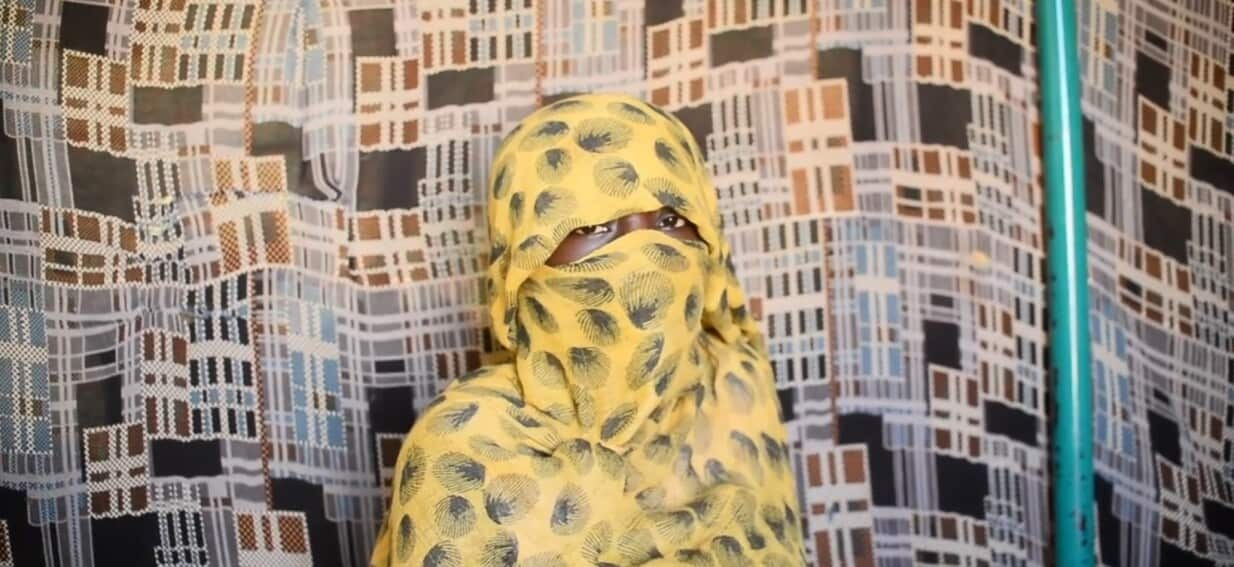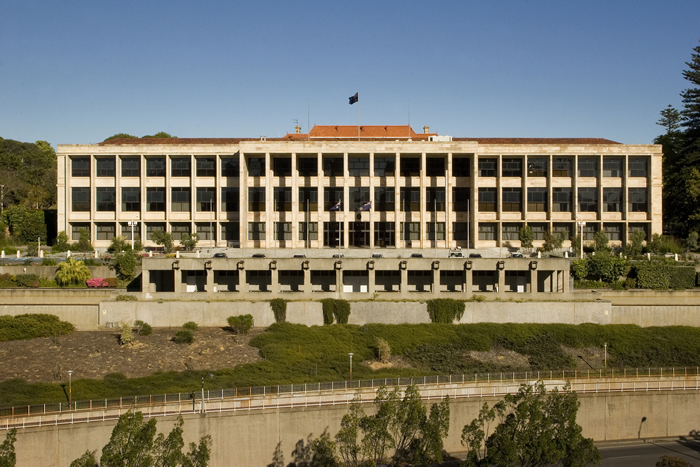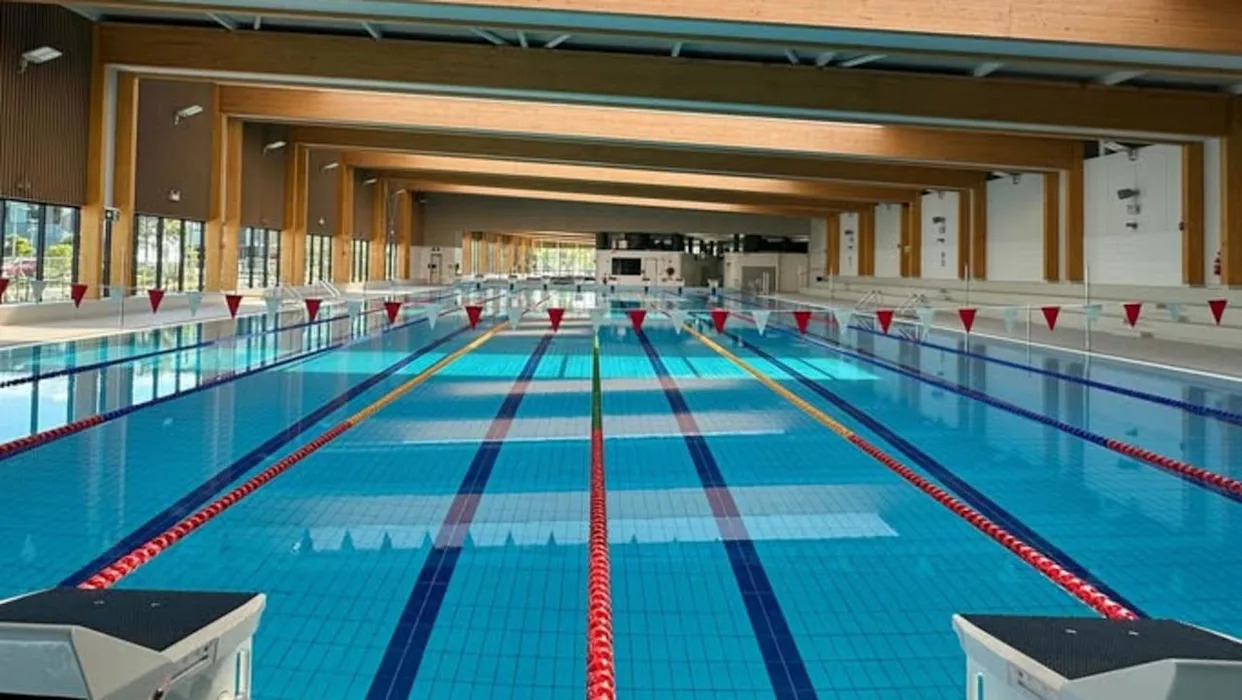
URGENT UPDATE: Australia’s major supermarkets, including Woolworths, Coles, and Aldi, are facing intense scrutiny over their plastic waste practices, with new reports showing shoppers are paying significantly more for loose produce compared to plastic-wrapped items. A scathing audit by the Australian Marine Conservation Society (AMCS) and Boomerang Alliance reveals that in 73% of cases, loose fruit and vegetables cost more than their packaged counterparts, effectively punishing environmentally-conscious consumers.
The audit, released just days after New South Wales announced a sweeping ban on common plastic items, highlights a troubling trend in Australia’s grocery stores. Though supermarkets claim to champion sustainability, the report suggests they are “greenwashing” while plastic waste continues to accumulate in oceans and on beaches.
“Plastic-free loose fresh produce was more expensive in 73% of cases,” stated AMCS Program Manager Tara Jones. For instance, oranges were priced at an average of $4.24 per kilogram when loose, compared to just $2.49 for pre-packaged versions. This trend raises serious concerns for consumers aiming to make eco-friendly choices.
Despite the growing demand for transparency, many supermarkets refuse to disclose their total single-use plastic usage. AMCS’s data collection involved hundreds of volunteer shoppers, assessing transparency, plastic reduction, reuse, recycling, and corporate governance. The findings show Woolworths leading with a plastic performance score of 38%, while Coles lagged at 19% and Aldi came last with only 14%.
Woolworths defended its progress, stating it has removed over 20,000 tonnes of virgin plastic from its packaging since 2018 and is committed to meeting national sustainability targets. However, critics argue that their efforts are insufficient. “They continue to sweep the plastic pollution crisis under the shelf,” Jones added.
Coles acknowledged its efforts to cut unnecessary plastic but emphasized the importance of packaging for hygiene and shelf life. The company has removed over 600 million pieces of conventional plastic from their products since 2021. An Aldi spokesperson claimed that 87.1% of their exclusive brand packaging is now recyclable, reusable, or compostable.
This urgent situation highlights the need for immediate action from these retailers to align their practices with consumer expectations and environmental responsibilities. As Australians increasingly turn to online shopping, the risk of more single-use plastic infiltrating their purchases remains high.
The audit warns that, overall, Australia is not on track to meet its 2025 packaging reduction targets, blaming supermarkets for prioritizing convenience and profit over genuine environmental reform. With the public increasingly aware of these discrepancies, the pressure is on supermarkets to deliver real change.
As this story develops, consumers are urged to stay informed and advocate for more sustainable practices in their local grocery stores. The full audit is available for those interested in the detailed findings and implications for Australia’s environmental future.





